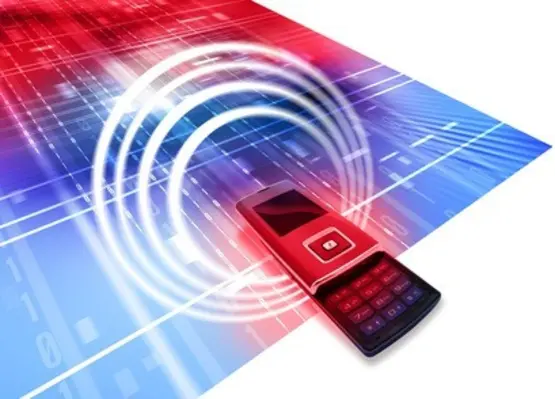Sean Cocks, Norton and PC Tools Retail Product Manager, explains how to prevent your phone’s security from being compromised
So, Scarlett Johansson recently had her phone hacked, which resulted in compromising photos of her being splashed across tabloids and the Internet. But Johansson isn't alone in this. In fact, she's just the latest in a long line of celebrities to fall victim to cybercriminals, joining the likes of Miley Cyrus, Paul McCartney, Mila Kunis, Blake Lively, Hugh Grant and Paris Hilton - all of whom have been the prey of phone hacking in various forms over the years.
What makes it even scarier is that in today's world, phone hacking is not just something that happens to rich folk and celebrities anymore. Smartphones have become cheaper than ever, giving people easy access to the Internet and social networking sites. The upshot of this is that nothing that involves technology is private anymore, and the same viruses we've been warned against on computers are now beginning to affect cellphones too.
You may well ask why anyone would want to hack your cellphone when you're not somebody famous. The reason for this is simple - money. If hackers can access your personal information and sell it, then you can be sure that they will. Details like ATM pin numbers, banking information, photographs, even your mom's cellphone number are all fodder for cybercriminals with malicious intentions, and knowing what can go wrong is the first step in making sure that it doesn't.
One way for cybercriminals to hack your phone is to use tools called worms and Trojans, which in the past have often been found on computers. These bugs can install themselves on your phone if you click on a link that is infected. Once you land on the infected site, your phone's operating system and web browser will be compromised, creating a 'back door' that is left open for cybercriminals to get onto your phone.
Infected files can also be attached to downloads, and when you download a file such as music or a game a malicious file will creep onto your phone, masked by the download. These files add extra code into your phones operating system, which can make the phone do things it wouldn't usually do, like broadcasting all of your photos and personal information. While this is scary enough, this extra code can also do far more invasive things, like monitoring your location using your phone's GPS and even recording with your phone's camera and microphone.
The best way to guard against hackers is common sense. Don't click on links from people you don't know or trust, especially on emails or social networking sites. Also be suspicious of shortened URLs, because these can easily mask the true address, which may link in a site which is up to no good. And don't download pirated content. It seems great because it's free, but in the end it could cost you far more than the minimal fee a genuine mp3 file would have.
Apart from using your brain, there is also mobile security software that you can install on your phone to help guard against worms, Trojans and other software that could cause problems, as well as to protect your personal information in case thieves get their hands on your phone. Mobile security software allows you to you remotely lock your phone and erase your personal information by SMS if the phone is stolen, protecting your personal information from falling into the wrong hands. You can also send out a scream alert, which activates a loud and obnoxious noise on your missing phone even in silent mode, perfect for locating your phone should it go missing.
Security software for cellphones lets you block calls and SMSes from unwanted numbers and even automatically scans apps and downloads to make sure they're clean before they can infect your phone. Other handy features include SIM card lock, which makes sure your SIM is the only one that works with your phone, and remote phone locking which lets you lock your phone to stop strangers from seeing private information or using your phone to run up a giant bill.
Just like your computer, in today's connected world your cellphone also needs protection, like anti-virus, anti-phishing and web protection. And let's face it, even if your phone never gets hacked, the chances of it getting stolen are pretty high. Having the right software installed to make sure that your personal information stays safe is a smart move that could save you much embarrassment and hassle in the future.
Sean Cocks - Norton and PC Tools Retail Product Manager






















